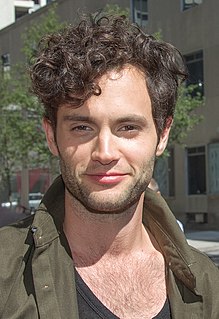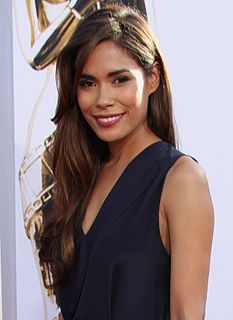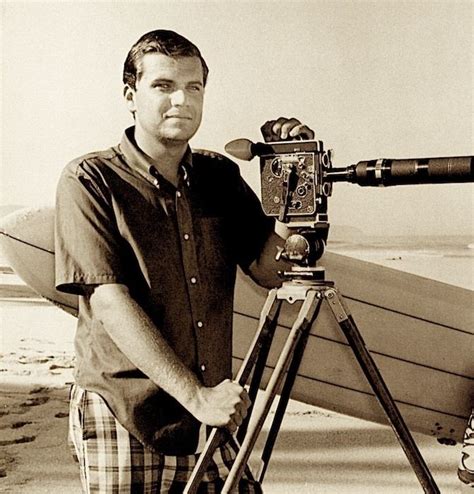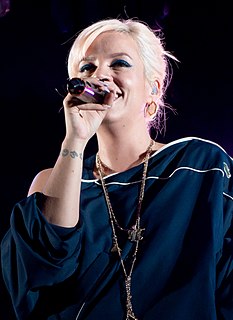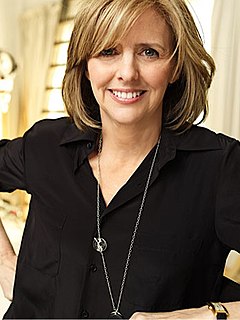A Quote by Asa Butterfield
I do photography and I studied film at school. So I've always really enjoyed that and I've got an eye for camera angles I guess. I've never taken that into filming wildlife.
Related Quotes
With photography, everything is in the eye and these days I feel young photographers are missing the point a bit. People always ask about cameras but it doesn't matter what camera you have. You can have the most modern camera in the world but if you don't have an eye, the camera is worthless. Young people know more about modern cameras and lighting than I do. When I started out in photography I didn't own an exposure meter - I couldn't , they didn't exist! I had to guess.
There was one film that I really wanted. This was a long time ago; it was a film called 'Fracture.' Ryan Gosling ended up doing it with Anthony Hopkins. It wasn't a giant box-office success, but I really enjoyed the script, and I enjoyed the character. I got pretty close and was kind of disappointed it didn't go my way.



